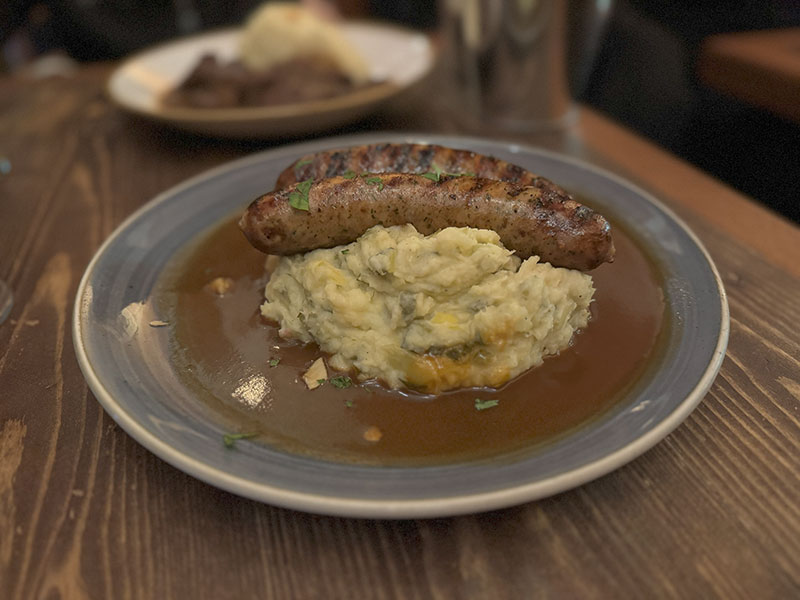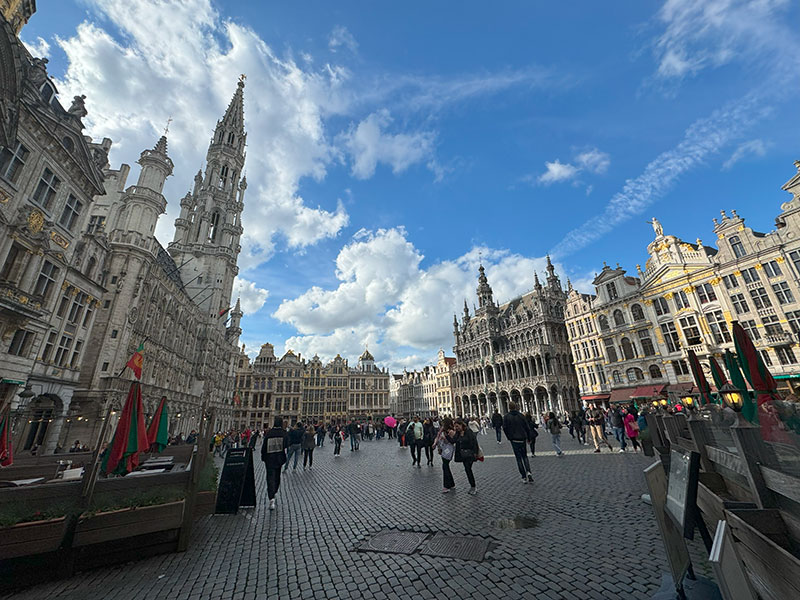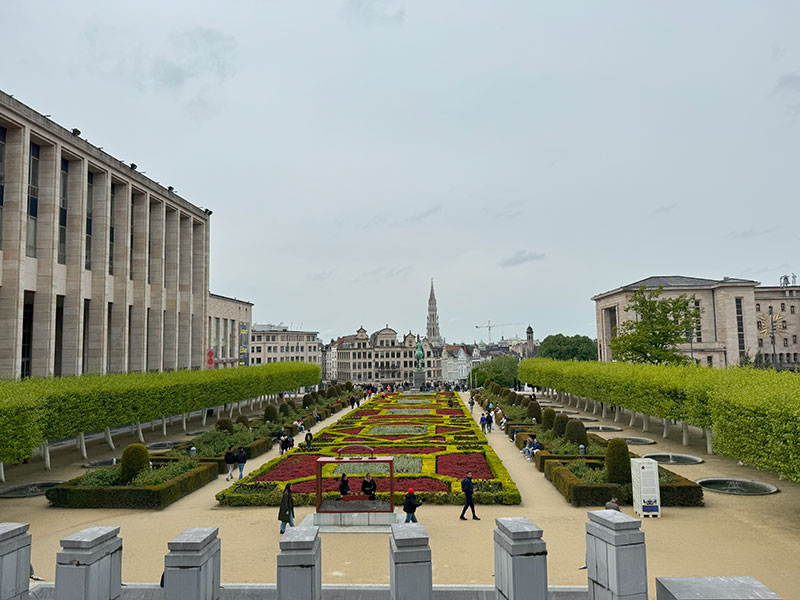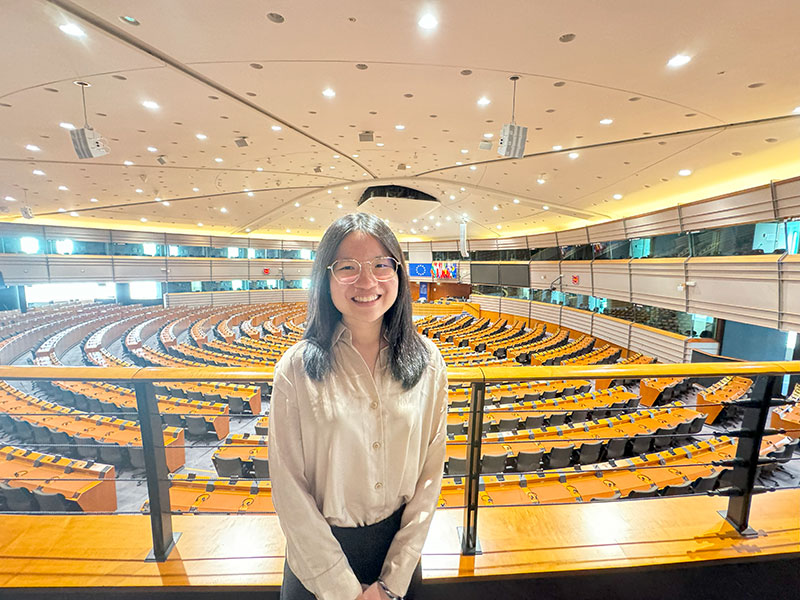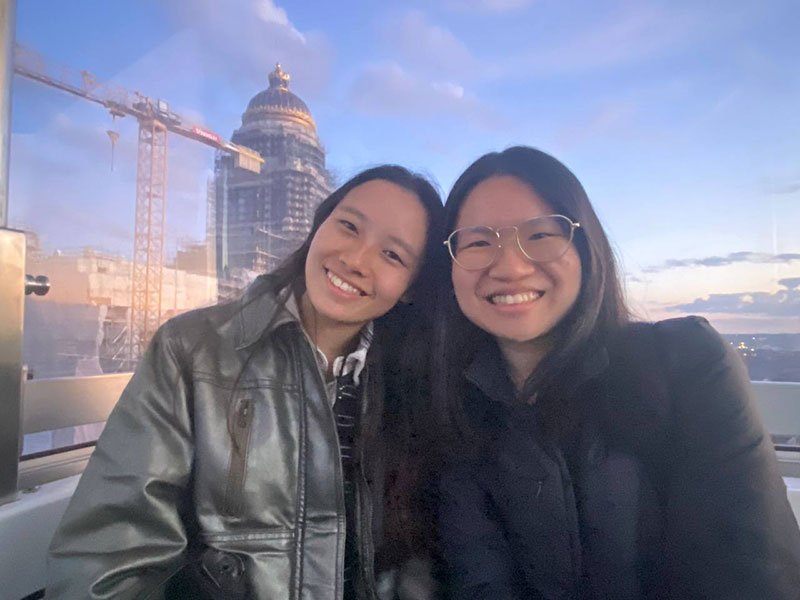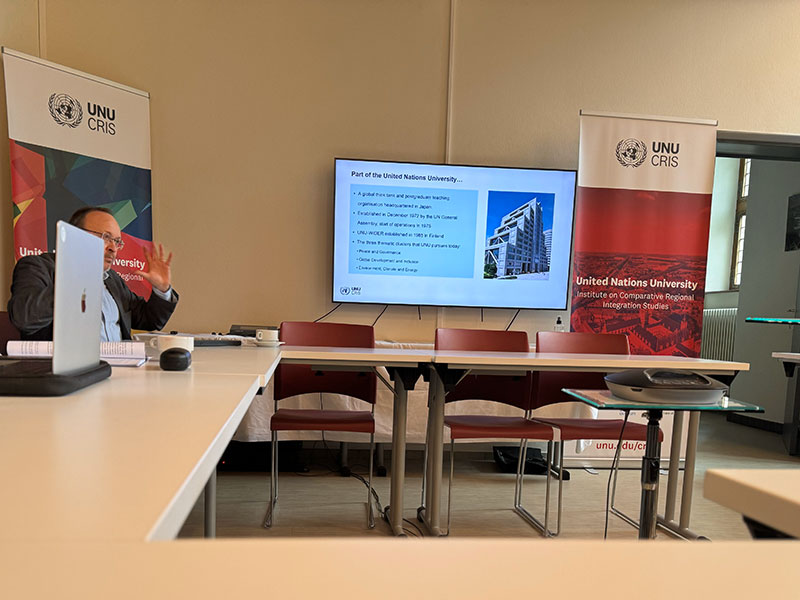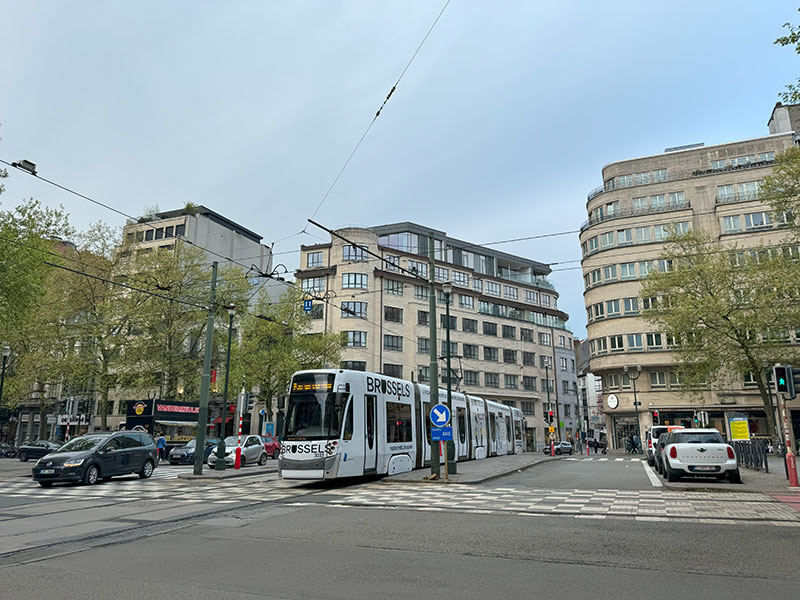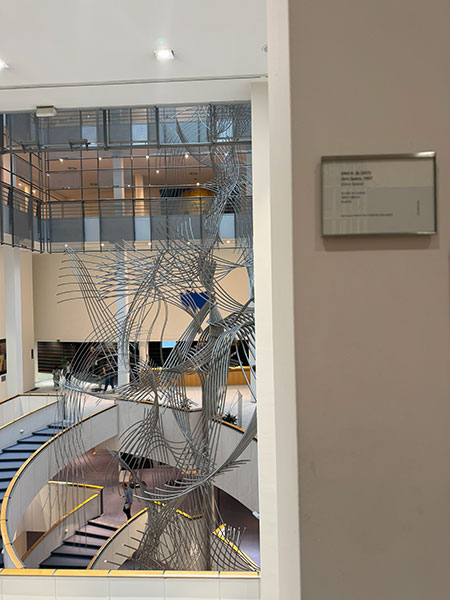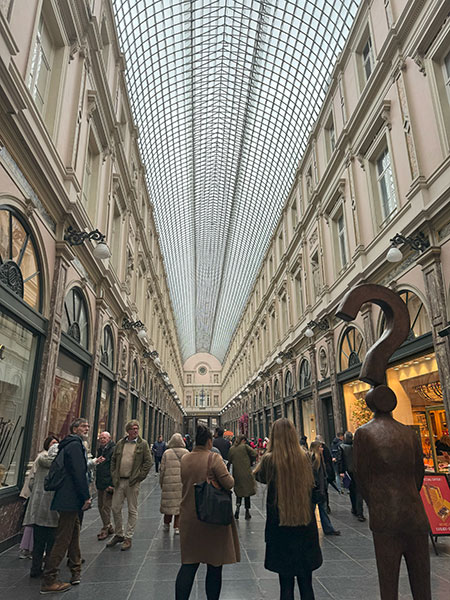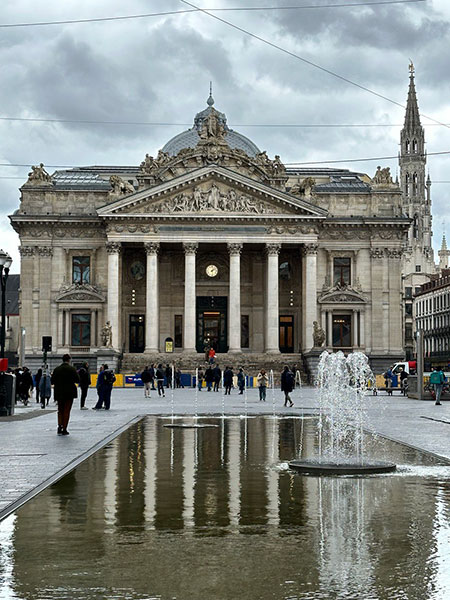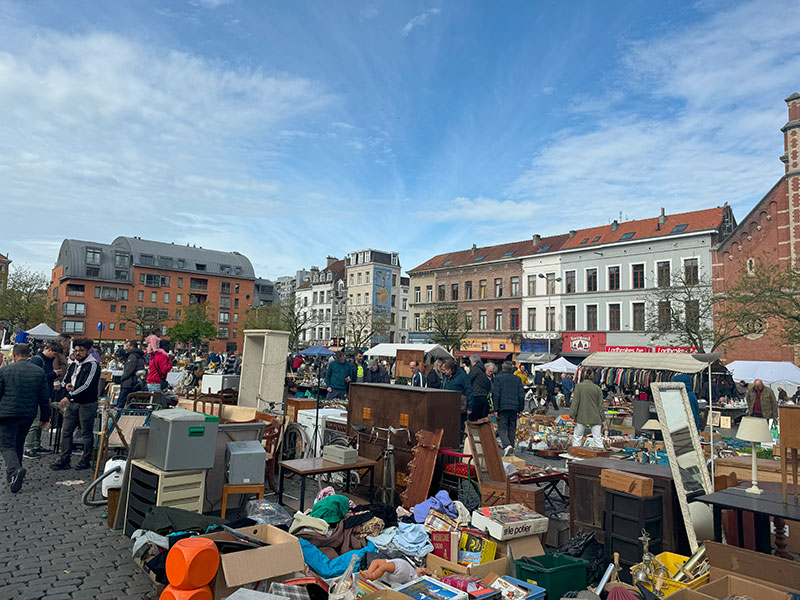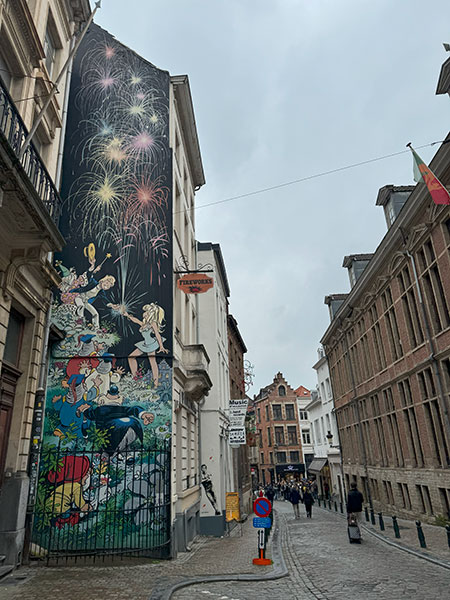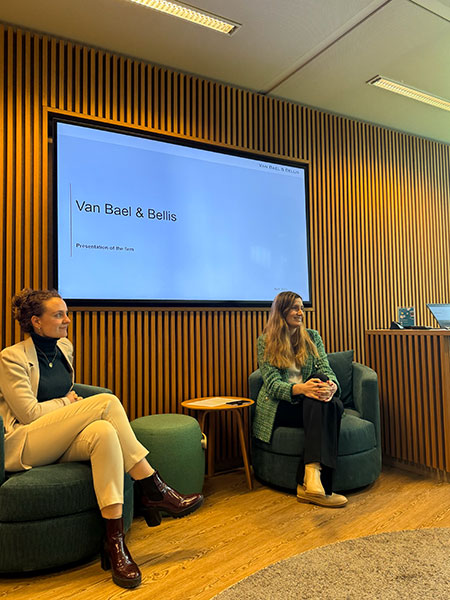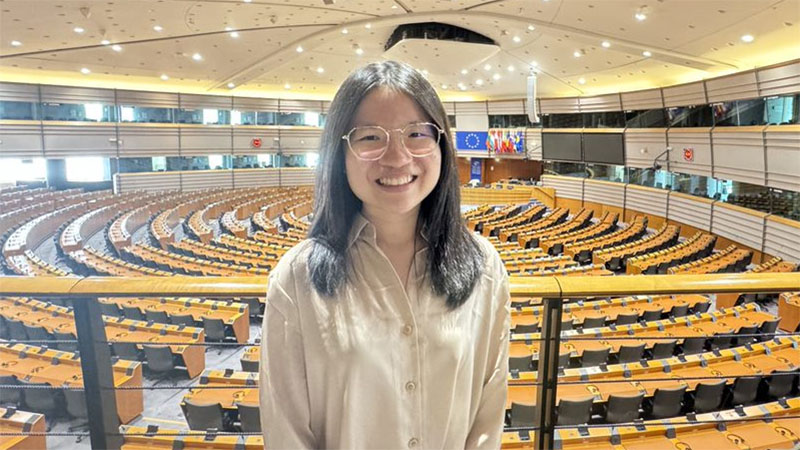
REFLECTIONS FROM MY WALK THROUGH THE COBBLESTONED STREETS OF EUROPE
By Renee Ong Yu Ning
SMU-X Overseas Course: LAW4053 Overseas Project Experience (Non-Asia)
Destination: Brussels, Belgium
About the course
The EU and ASEAN are the world’s most advanced regional structures and represent different models of regional integration. With recent geopolitical shifts and the Covid-19 pandemic, there have been increasing avenues for cooperation between both regions. Through this course, students are given the opportunity to learn about EU and ASEAN institutions and examine the EU’s new Indo-Pacific strategy from legal and political perspectives. In particular, the course assesses EU-ASEAN economic agreements in pressing areas of AI, digital trade, and sustainable development, including the protection of environmental and labour rights. Students are also given the opportunity to work with lawyers and policymakers in gaining hands-on skills to solve real-world issues.
Reflection/Testimonial
No understanding of the law on the national and international plane is complete, without exploring its interdisciplinary context and applying it to prevalent societal issues. I am grateful for the learning opportunity this course has provided me to walk the ground and gain first-hand insight into EU-ASEAN trade law and relations. Each visit, which was carefully curated by Professor Hsieh and our Teaching Assistant, offered different lenses through which we could view European attitudes towards domestic and international issues. For instance, key research institutions such as the Egmont Royal Institute for International Relations, and the United Nations University Institute on Comparative Regional Integration Studies underscore domestic attitudes towards Europe’s foreign policies, and compares Europe with how various regions manage environmental and developmental issues differently. Further, the visit to the EU Parliament highlighted the importance of the green agenda and Artificial Intelligence for the region in the coming years, and EU citizens’ degree of political participation in these agenda points. On the other hand, the European External Action Service sheds light on Europe’s outward-facing attitudes and promotion of rules-based cooperation with ASEAN. Separately, the visit to Maastricht University and a local law firm also lent greater insight into how education and dispute resolution respectively, play a role in this complex web of political and trade issues. We completed the experience with a group research project, where we worked with our mentor from ClientEarth. ClientEarth is an organisation comprising of international legal experts who seek to address climate change through legal solutions. Our research focused on the ASEAN perspective – examining how trade laws and policies facilitate the adoption of sustainable energy in the region. I greatly enjoyed the process of learning more about trade law, an area which I had not exposed myself to much in the past. It was also edifying, comparing the policies of various ASEAN countries and discussing our observations with our mentor, who shared with us her wealth of expertise in this area. The research project contributed more perspectives to analysing the differences in culture and socio-economic priorities between the EU and ASEAN, and the factors leading to tensions between the two regions. This also deepened our understanding from the local learning journeys to the Asia-Europe Foundation and the Asian Development Bank. While there remains inevitable difficulty in achieving a consensus between the two regions, this course offered a platform for me to form my own informed view on EU-ASEAN cooperation, and develop skills in analysing the complex political, economic, social and cultural factors affecting the development of EU-ASEAN trade relations. I firmly believe there will come a time in my future endeavours, where I would contribute to developing this area of law or be able to leverage on this experience to adeptly navigate these developments and their impacts on Singapore’s legal system.
Photo Gallery
